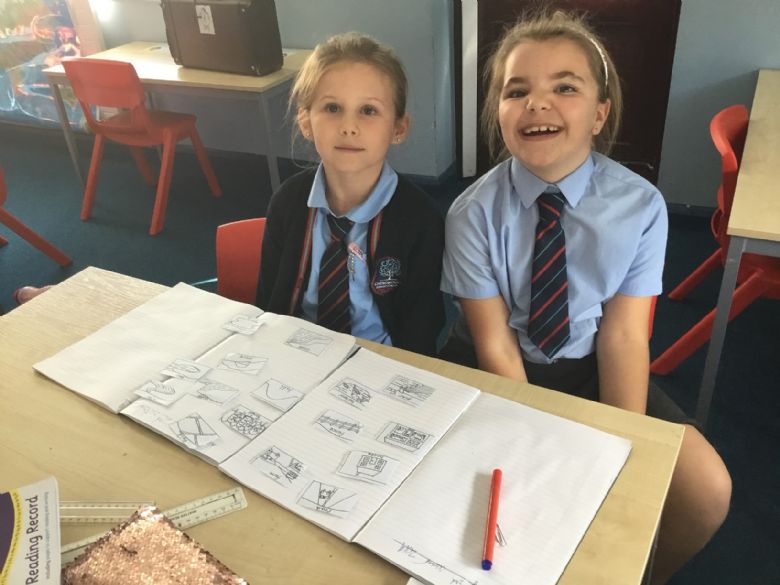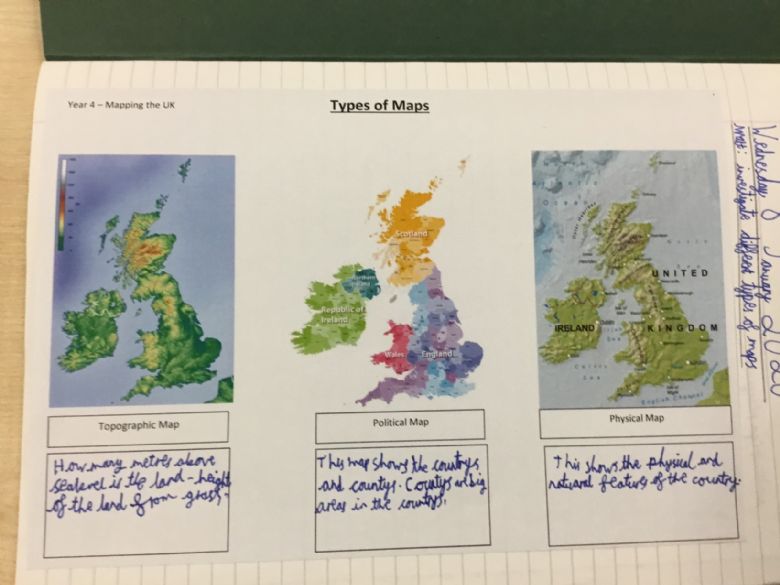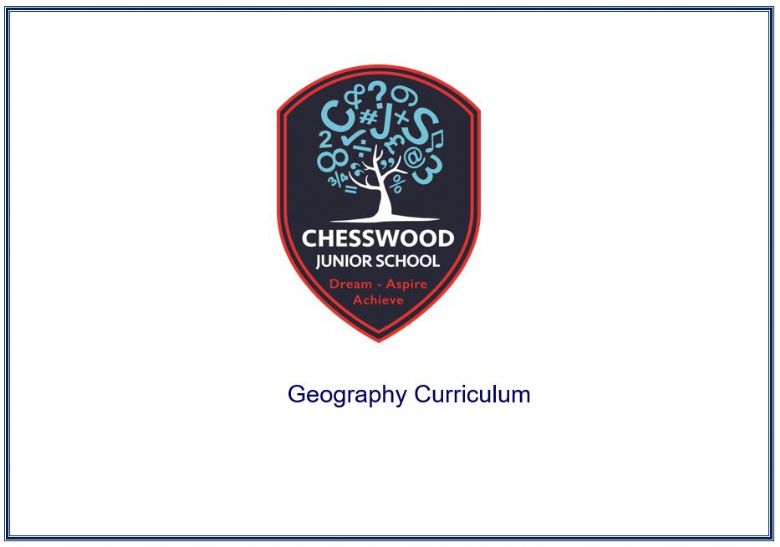Geography Curriculum Content and Sequence
Geography Curriculum Sequence Overview
Geography Vision
"Bringing nature into the classroom can kindle a fascination and passion for the diversity of lie on Earth and can motivate a sense of responsibility to safeguard it."
- David Attenborough
Our vision for Geography at Chesswood Junior School is to inspire a lifelong interest in geography and a curiosity about our world which will stay with pupils through their lives. We aim to help to create informed and active future citizens with an understanding of how their lives are connected to others, are both shaped by, and affect the environments they inhabit, so that they are able to make responsible choices for the future. This is why our key concepts for geography are sense of place, interconnection and sustainability.
Geography Curriculum drivers
In line with the whole school curriculum policy, the following drivers underpin everything we do in Geography
Life Opportunities
‘Aspirations’ is a key value at Chesswood and runs throughout all units of Geography, linking the knowledge learnt to potential future careers and skills in the field.
Developing a sense of place for children allows them to become curious and excited about the world around them. Children learn about their local environment and their impact upon it. As well as, discovering new and inspiring places internationally. This will allow children to have a greater understanding of interconnectivity with the world around them
Knowledge taught is also linked to the essential skills relevant to becoming educated citizens; each unit is linked to ‘sustainability’ so that children understand the impact of human and physical geography on the environment and the potential solutions needed to address this in the modern world.
Creativity, Confidence & Competence
The Geography curriculum at Chesswood seeks to develop creative and critical thinking within the subject by firstly embedding knowledge while building confidence and competence. As we aim to create informed and active future citizens, the spiral curriculum, which builds on previous learning, using cognitive and metacognitive strategies, to develop cultural capital. This helps to provide a meaningful knowledge-rich curriculum for the pupils at Chesswood – making it coherent, real and relevant.

Curriculum principles:
BalanceD
In every year group, pupils have the opportunity to study three different Geography topics that link to and build on previous learning. Through our concepts of interconnectivity, sense of place and sustainability, children will develop an awareness of how people connect to different places and a sense of collective responsibility for the future of our planet. Thus promoting their intellectual, spiritual, moral and emotional development.

Coherent
The National Curriculum areas of Locational Knowledge, Place Knowledge, Human and Physical Geography and Geographical Skills and Fieldwork is coherently planned and taught through a spiral curriculum. Focus at Chesswood is on the knowledge, skills, concepts and vocabulary, with clarity on what getting better at the subject means.
Real and Relevant
Geography is everywhere, in our everyday lives, on our journeys to school, in the places we live. It therefore offers many opportunities for children of all ages to experience learning beyond the classroom. This allows them to enrich their knowledge by, for example, visiting places they may not normally consider, places of geographical interest or conducting geographical surveys within the local area to gain relevant information that will contribute to the learning journey.
By using the whole school concept of “aspirations” we can introduce pupils to how and when geographical skills and knowledge is used within the wider world, and the importance of these skills in making decisions for the future of our planet – both on a local and on an international scale.
Knowledge Rich
The Geography curriculum at Chesswood is knowledge rich, introducing the essential knowledge pupils need to be educated citizens. Knowledge has been sequenced effectively, to ensure that children have a good understanding of core locational and place knowledge, that they have a clear and well-thought-out foundation in the features and processes involved in physical and human Geography, which can be built on throughout the four years at Chesswood and beyond. Skills are taught both separately and in conjunction with the knowledge to enable them to be embedded and applied. Core knowledge and skills are specified in detail and laid out in knowledge organisers, including vocabulary.
The Geography curriculum seeks to introduce children to the location of globally significant places, their physical and human characteristics and their interdependence, as well as the skills which will enable them to collect, analyse, communicate information through fieldwork. Units are chosen specifically to stretch children’s knowledge and skills development, with a key focus on core technical vocabulary and understanding.
Cognitively Challenging
At Chesswood, the Geography curriculum has been developed to enhance a child’s awareness of their own abilities and strengths as a learner, thus ensuring that children see learning in Geography as an on-going process not a one-off lesson. It seeks to introduce children to the most globally significant places – both in physical and in human features, inspiring discoveries and those who are behind them, linking to key individuals historically and currently.
Inclusive
Like the rest of the school, Geography has adopted an inclusive approach: learning is not differentiated for need but is scaffolded thoughtfully by the class teacher to enable ALL pupils to have access to the learning – this may be through the use of Teaching Assistants, flexible groupings, the use of technology, supportive tools and resources and through the use of quality first teaching. By focussing on a knowledge rich curriculum which is embedded through retrieval practice, disadvantaged and SEND pupils are able to acquire knowledge that ensures ‘cultural capital.’

